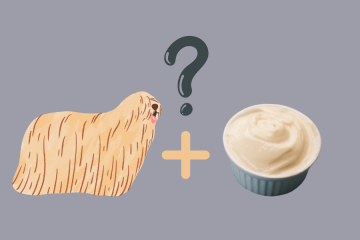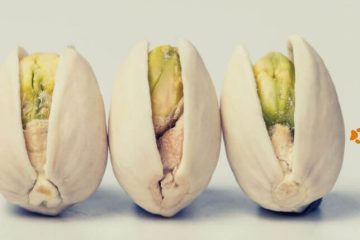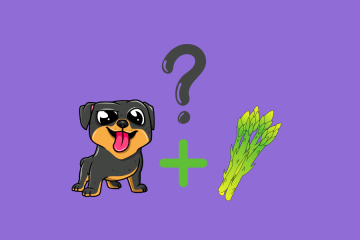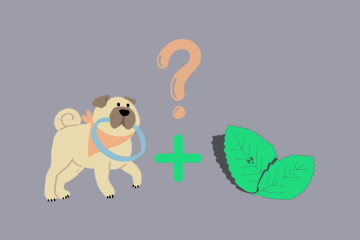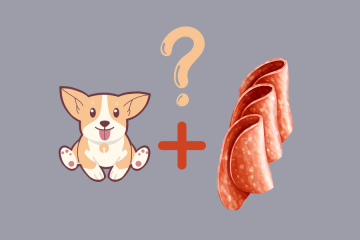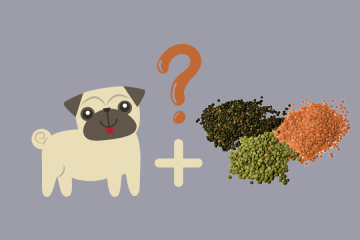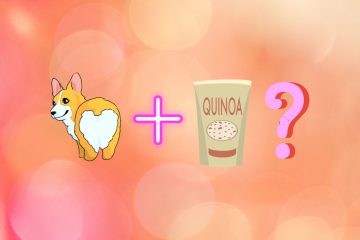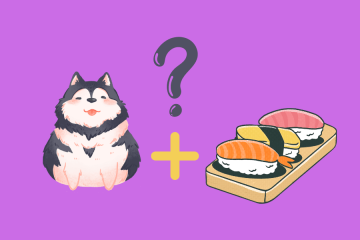Key Takeaways
- Yes, dogs can absolutely eat persimmons! ✔️
- The fruits are full of beneficial nutrients that can keep your pup healthy and happy
- Always remove all seeds before feeding a persimmon to your pet ⚠️
- Monitor your dog for any negative reactions after eating persimmons, as they may be sensitive to them ⚠️
Persimmons look like small tomatoes, but are much sweeter. They can be enjoyed fresh, dried or used in jams and jellies. The ripe persimmon is orange or red-colored with a sweet flavor that has been compared to apricots, figs, dates and plums. So, can dogs eat persimmons as a tasty treat from time to time? Yes, but without the seed!
Benefits of Persimmons for Dogs
When it comes to nutritional value, this fruit is a good source of dietary fiber, vitamin A and vitamin C. It also contains minerals like potassium, calcium and magnesium. The ripe fruit is low in calories, making it a healthy snack for your canine friend.

What benefits can dogs eat persimmons for? Their high water content can help to keep your dog hydrated, especially during the hot summer months. The fruit is also a good source of antioxidants, which can help to protect your pup’s cells from damage.
Caution!
Persimmons can make constipation worse because they contain tannins. If your pooch has trouble pooping, don’t feed them this fruit. On the other hand, it can help with diarrhea!
Can Persimmons be Bad for Dogs?
As with any new food, it’s important to monitor your dog after feeding them persimmons for the first time. In some cases, dogs can experience stomach upset, constipation or diarrhea after eating the fruit. If your pup has a sensitive stomach, you may want to avoid giving them persimmons altogether.
The biggest danger with feeding persimmon to your dog lies in the seeds. While they’re not toxic, your pet can easily choke on a seed or pit. Swallowing the seeds can also lead to intestinal blockage. For this reason, it’s essential to carefully remove all the persimmon seeds before feeding the fruit to a dog.
The symptoms of a blocked small intestine include:
- vomiting;
- lack of appetite;
- lethargy;
- diarrhea;
- drooling and burping;
- difficulty pooping.
If your dog is displaying any of these symptoms after eating a persimmon, take them to the vet immediately.
Can Dogs Eat Persimmons with Skins?
The skin of a persimmon is edible, but can also be tough and chewy. Some dogs may not like the taste or texture of the skin, while others will eat it right up. If your dog doesn’t seem to mind the skin, there’s no harm in letting them eat it.
Can Dogs Eat Dried or Cooked Persimmons?
Dried persimmons are a popular snack in many parts of the world. They can be found pre-packaged at most grocery stores or online. They are made by drying fresh persimmons in the sun or in an oven.
The dried fruit is high in fiber and can help to regulate your dog’s digestion. It’s also a good source of vitamins A and C. Dogs can eat dried persimmons as a treat or added to their food as a supplement. However, they also have a higher concentration of sugar than the fresh fruit, so they need to be given in moderation.

You can also feed your dog some cooked persimmon. The cooked fruit is soft and can easily be mashed or puréed. However, it’s best not to add any spices or sugar.
Are Persimmon Leaves Safe for Your Dog?
If you have a persimmon tree, you may notice your pet chewing on the leaves. The leaves of the persimmon are safe for dogs to eat in small amounts, but they have lots of fiber, which may already be abundant in your pet’s diet. Too much fiber can cause constipation or diarrhea.
Monitor your dog after they’ve eaten any persimmon leaves to make sure they don’t have any adverse reactions. If you’re worried about the amount of fiber in your pet’s diet, talk to your veterinarian about how to safely adjust their food.
Can Dogs Eat Persimmons from a Tree?
Dogs can eat persimmons that are on the ground or fallen from the tree, but they should not eat any green persimmons. The unripe fruit contains tannins, which can cause stomach upset and diarrhea in dogs.
What About Fuyu Persimmons?
The Fuyu persimmon is a non-astringent variety of the fruit, which means it’s mellow sweet when ripe and less likely to cause constipation. It’s safe for dogs, the same as any other variety. Fuyu persimmons are a good source of fiber, vitamin C and potassium. They also contain antioxidants that can help to protect your dog’s cells from damage.
Seedless Persimmons are Safe for Your Dog
So, can dogs eat persimmons? Yes, but the pits are off-limits. The skin of the fruit is edible, but can be tough and chewy for some dogs. Knowing all this, you can buy two persimmons at the store next time – one for you, and one for your furry companion!
Frequently Asked Questions
Are Unripe Persimmons Poisonous to Dogs?
No, unripe persimmons aren’t technically poisonous to dogs. However, they do contain high levels of tannins that can cause stomach upset and diarrhea. It’s best to keep unripe persimmons away from your dog.
Are Persimmons Poisonous to Animals?
No, persimmons aren’t poisonous to any animals. Dogs, cats, and livestock can all safely eat persimmons and the seeds are safe for birds and other small animals.
Can Persimmons Cause Bowel Obstruction?
If you don’t remove the seeds from persimmons, there is a small risk of bowel obstruction. Most dogs will chew and swallow the seeds without incident, but since they pass through the digestive tract without being digested, they can become lodged if they don’t move through the system quickly.


